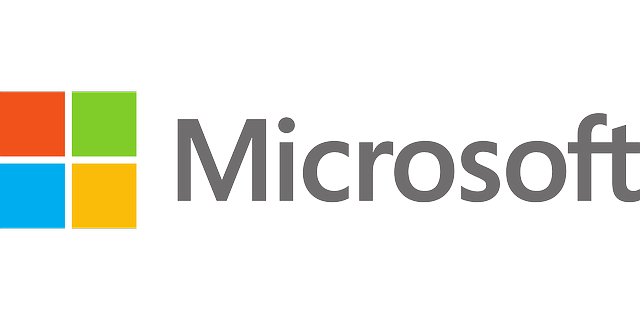Microsoft has changed it’s Windows Software Assurance licensing scheme to allow enterprises to deploy Desktop as a Service. This major move by one of the largest tech giants in the world, makes it a lot easier for users because it allows licenses to be purchased per user instead of per device.
Users are now able to have Windows Enterprise installed on all their devices on a single license, rather than purchasing a license for each and every workstation. The operating system can also be accessed with one single license.
The change also allows users to use Virtual Desktop Infrastructure (VDI) access for Windows without licensing other devices.
The earlier, complex licensing requirements led VDI providers like Amazon Web Services to use Windows Server as the remote desktop instead of migrating to Windows 7, 8 or 8.1.
The new licensing model however, includes red flags. Not all the editions of Windows qualify for volume licensing upgrades to Windows 8.1 Enterprises. The primary device that’s used must also be licensed for Windows Pro.
A new Enterprise Cloud Suite (ECS) bundle is a new volume-licensing option that will be available to Microsoft volume-licensing users starting December 1. This ECS bundle includes Office 365 E3, Enterprise Mobility Suite (EMS) and a new Windows Software Assurance per User license. In that way, a single user gets the rights to access a virtual desktop infrastructure (VDI) from any device as well as to install Windows 7 or Windows 8 Enterprise on multiple devices. Microsoft explained in its downloadable fact sheet that the new Windows Software Assurance per User licensing option that all of the user’s devices will be covered through the Windows Security Assurance per User. Those that use the iOS or Android operating systems will also benefit from this license. The only requirements is that the user’s primary work PC must have a qualified operating system such as Windows Pro.
Microsoft still has to reveal the specifics of pricing and the migration details.
